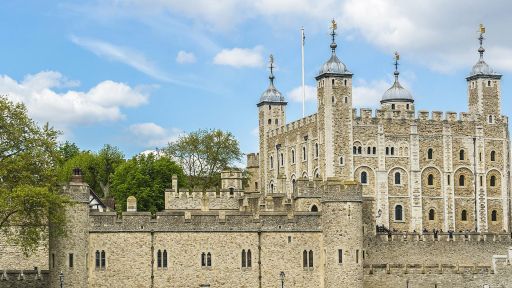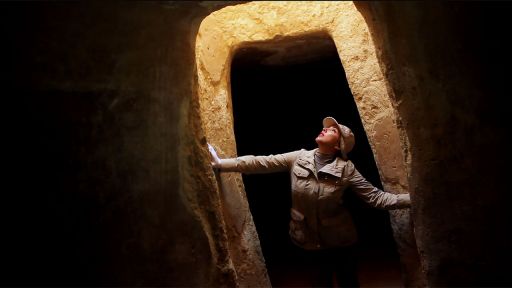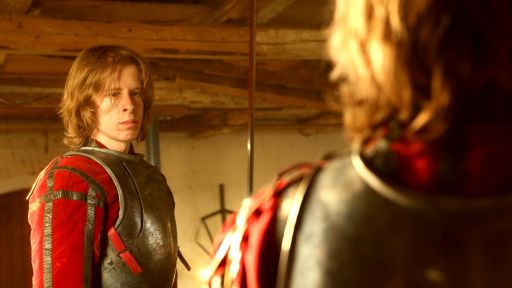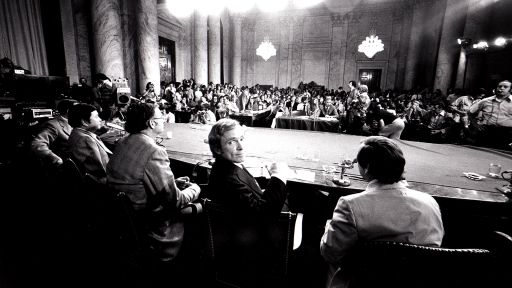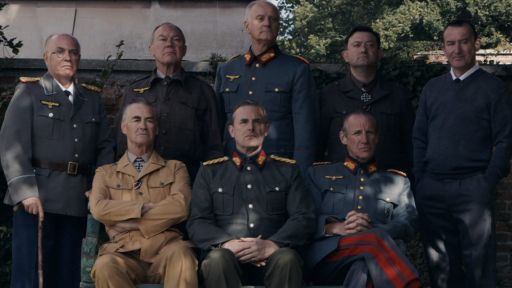America’s Founding Father Benjamin Franklin was intellectually curious about the world and he operated in it as a gentlemanly scientist. He pursued experiments related to electricity, he looked at better ways to make clocks and improve bifocal lenses. In 1752, he had won world-wide fame when he proved that lightening was not an act of God but in fact electricity.
Features
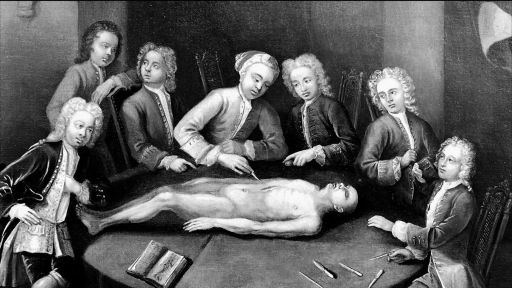
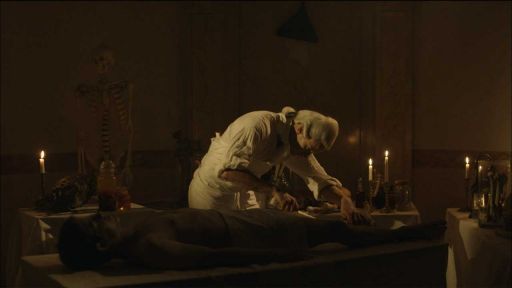
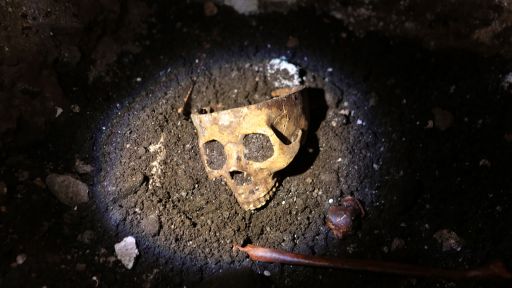
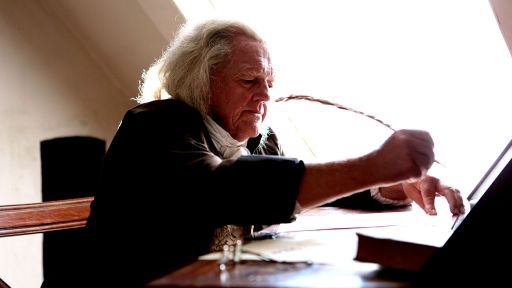
- [Narrator:] Between 1757 and 1775, Benjamin Franklin lived and worked in the very heart of Georgian London.
He was the first person to represent Pennsylvania, and later the British colonies of Massachusetts, Georgia, and New Jersey at British Parliament.
-Benjamin Franklin was certainly the most famous colonial of his day, and his role here in London was strategic.
- [Narrator:] By day, he attended to politics, meeting with the leading figures of the age.
- He worked tirelessly during this period to try and effect reconciliation between the interests of the Crown and the interests of the colonies.
- [Narrator:] But what did Benjamin Franklin do at night?
He threw himself into his other passions of philosophy, science, and invention.
- Benjamin Franklin was curious about the world, and he operated in it as a gentlemanly scientist.
- [Narrator:] After he finally left London in 1775, Franklin went on to become one of the most important figures in history -- a founding father of a newly independent America.
But now, almost 250 years after his departure, the discovery of the bones in the basement threaten to sully the great man's reputation.
The press began to speculate about crimes carried out at the house.
- Well, the whole thing was bizarre.
Here was a house that had been occupied by Benjamin Franklin, one of the founding fathers of America.
And we got bones that have been cut across, and everything like that.
Could it be that Benjamin Franklin was involved with murder?
I mean, we didn't know and we had to find out.
- [Narrator:] But surely a man of Franklin's stature could not be implicated?
His early career was spent in Philadelphia, where he established a successful printing business.
In his forties, he turned his attention to his passion for politics and scientific research.
And by 1757, had moved to London as a diplomat.
At that time, England was the epicenter of scientific and philosophical advances, which captured Franklin's imagination.
In 1752, hed won worldwide fame when he proved that lightning was not an act of God, but in fact, electricity.
- Franklin was passionate about science.
He was intellectually curious, and there was no subject that didn't pass his attention.
He was here in London pursuing experiments related to electricity.
He looked at better ways to make clocks and improve bifocal lenses.
He even created a flexible steel catheter for his brother.
- [Narrator:] And he tried to find a cure for the common cold.
You May Also Like

